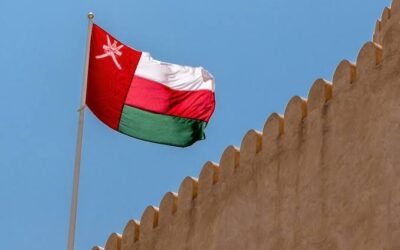Hope Amidst the Ruins: Gaza’s Brief Truce and Enduring Spirit
The brief truce was nothing more than a chance to gather the scattered remnants of souls exhausted by a war that spared them neither a loved one nor a companion. It left behind no home, no shelter, no refuge. During this pause, waves of the displaced managed to return to the ruins of their homes, searching among the debris for the skeletal remains of their martyrs—identified by a broken tooth, a tattered piece of clothing, a remnant of personal belongings, or a wedding ring still clinging to their fingers in love and loyalty.
The displaced returned from the north and the south, carrying the last wishes of their loved ones, driven by yearning to the remnants of their homes. They kissed the soil and shed tears of sorrow over what remained. No one could feel their agony, for humanity has rarely experienced—across all its wars—the collective loss of loved ones, the vanishing of bodies, or the inability to find corpses to bury. They had not known the destruction of homes by Merkava shells, nor the raining of barrel bombs or cluster missiles aimed at human flesh.
And because Gaza is a city inhabited by those clinging to life atop the bodies of the dead, its people carried out their arduous tasks. They cleared the rubble from their hearts before their homes, turned their eyes away from memories and the shadows of those who once filled the space, and were taken away in a moment’s lapse. They then opened their eyes to pitch a tent upon the ruins, a desperate attempt to challenge the sweeping flood that shattered their reality and crushed their dreams.
The Gazan resists the fate that has etched death onto his forehead, hung blood around his neck, planted the sword of grief in his heart, and left him longing for what can never be reclaimed. He tries to tame the impossible, to make it possible. Chains are imposed upon him, yet he breaks them, declaring his constant rebellion. He defies the forces that dictate restrictions, turning the forbidden into the accessible.
He is killed once, only to rise again—leaving his killer astonished, as Darwish wrote: “You again? Didn’t I kill you?”
His killers do not realize that the death of a Palestinian does not come through superior weaponry or advanced technology, but rather through his deceptive hope—one that brings him nothing but heartbreak. Hope is a cunning fox, deceiving those who dream of rest after the battle, only to pounce on priceless prey, worthy of bloodshed and broken covenants.
The people of Gaza had not yet caught their breath during the ceasefire before the ogres returned, with long claws and sharp fangs, to ravage—once again and with their usual cruelty—the bodies of the exhausted, starving, oppressed, grieving, and wounded.
We had not finished the rituals of mourning before the season of wailing began anew. Tears surged forth again, the skies wept, and the sacrifices lined up once more for slaughter. Within us awakened pains that had been numbed by the human instinct for survival.
Who among us had prepared themselves to endure such repeated trauma? Who had steeled themselves to make these endless sacrifices? Who is ready now to relive the same experiences—of displacement, loss, torment, hunger, and fear?
Yet, these are the ways of war—gnawing greedily at our chests to teach us the value of peace. They remind us to cherish every moment of safety, to seize every opportunity, to rejoice in every drop of happiness in the universe, to be grateful for every peaceful meal, to acknowledge every effort that pulls us from despair, and to extend our hands in peace to the world—from a land that yearns for a just peace that preserves the rights of its children.
— Dr. Haya Freij, Writer and Researcher from Gaza, Palestine
Hassan Al Maqbali
Content Creator & Website Manager at Omanspire
Hassan Al Maqbali is a dedicated content creator and the website manager at Omanspire, where he writes passionately about Oman's culture, history, and the timeless stories that shape the nation’s identity. His work reflects a deep love for the Sultanate and a commitment to sharing its beauty with the world.
Driven by a desire to widen global understanding of Oman, Hassan creates narratives that present the country through diverse perspectives—capturing its people, heritage, landscapes, and evolving cultural heartbeat. Through Omanspire, he hopes to bring readers closer to the spirit of Oman, one story at a time.




